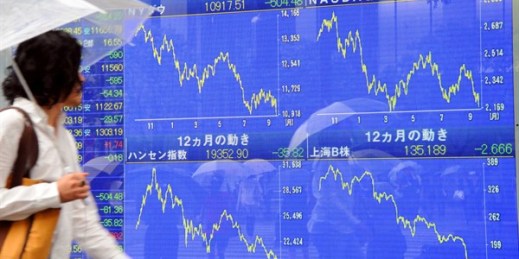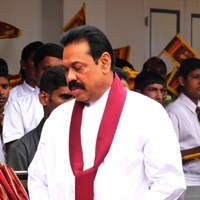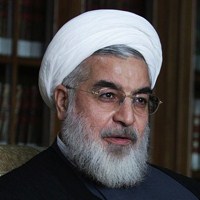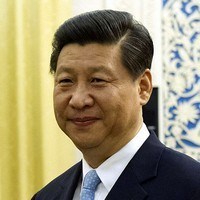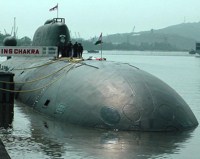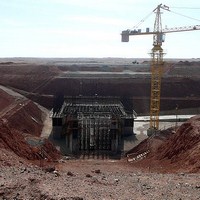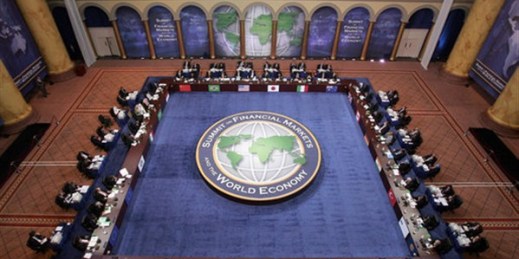
One notable feature of the global economy over the half-decade since the collapse of Lehman Brothers has been the fluctuating fortunes of international economic cooperation in general and of the G-20 in particular. The G-20’s public reputation has taken a roller-coaster ride from hero to zero. The story of this rise and fall is also the story of the changing balance of (economic) power in the post-crisis global economy, and of the implications that this shift has had for how the world economy works—and how it doesn’t. This story began when the onset of the financial crisis prompted the elevation […]

